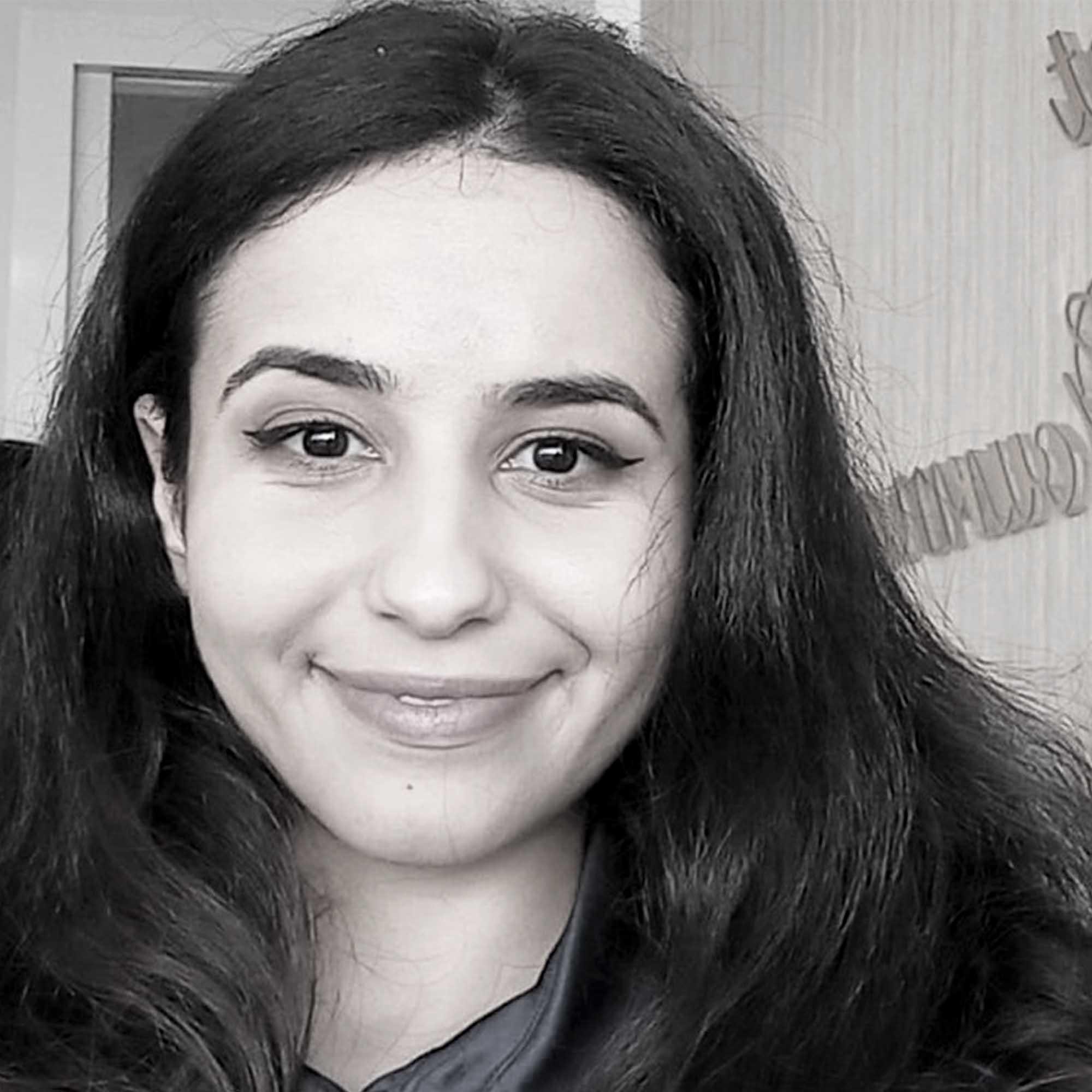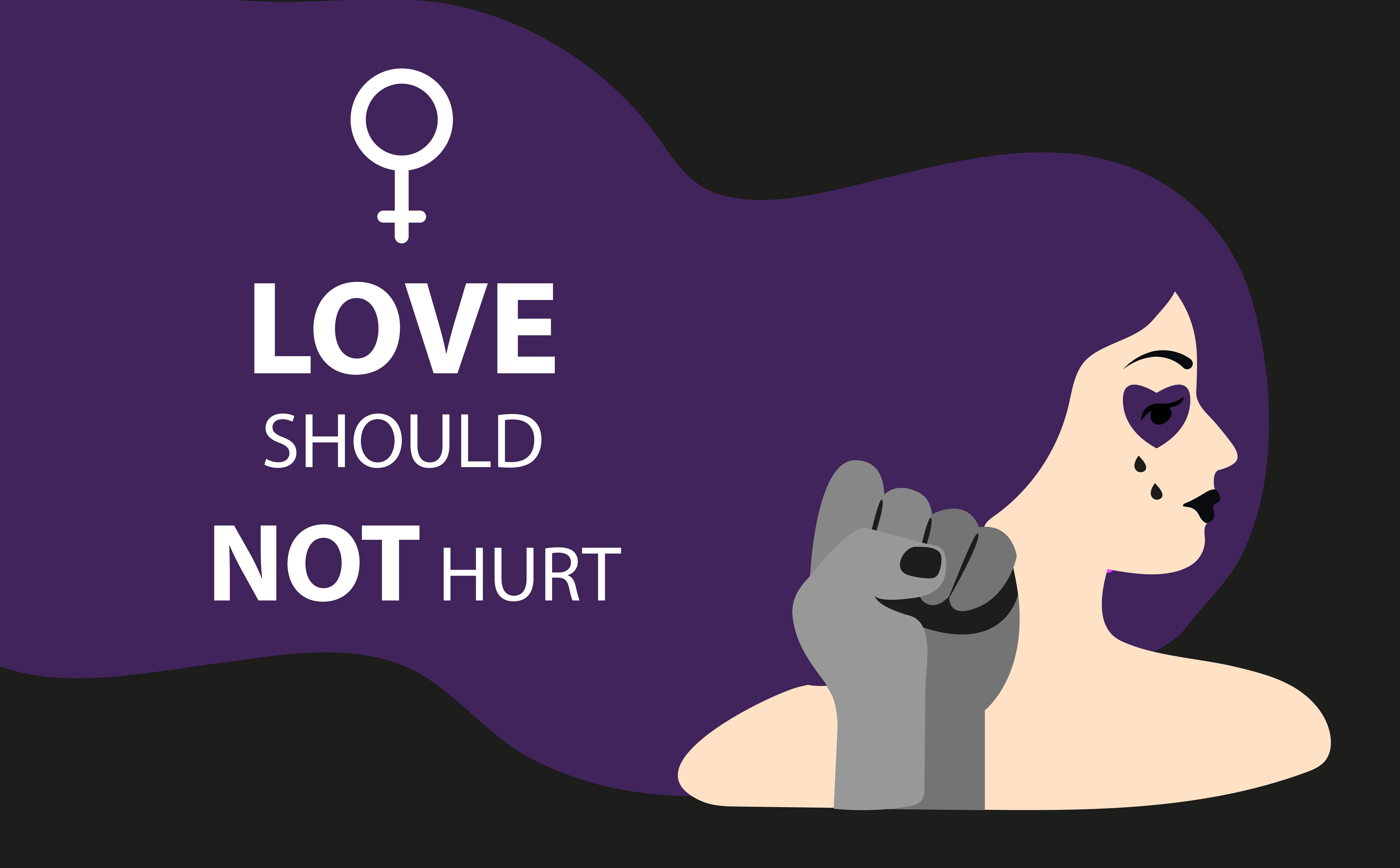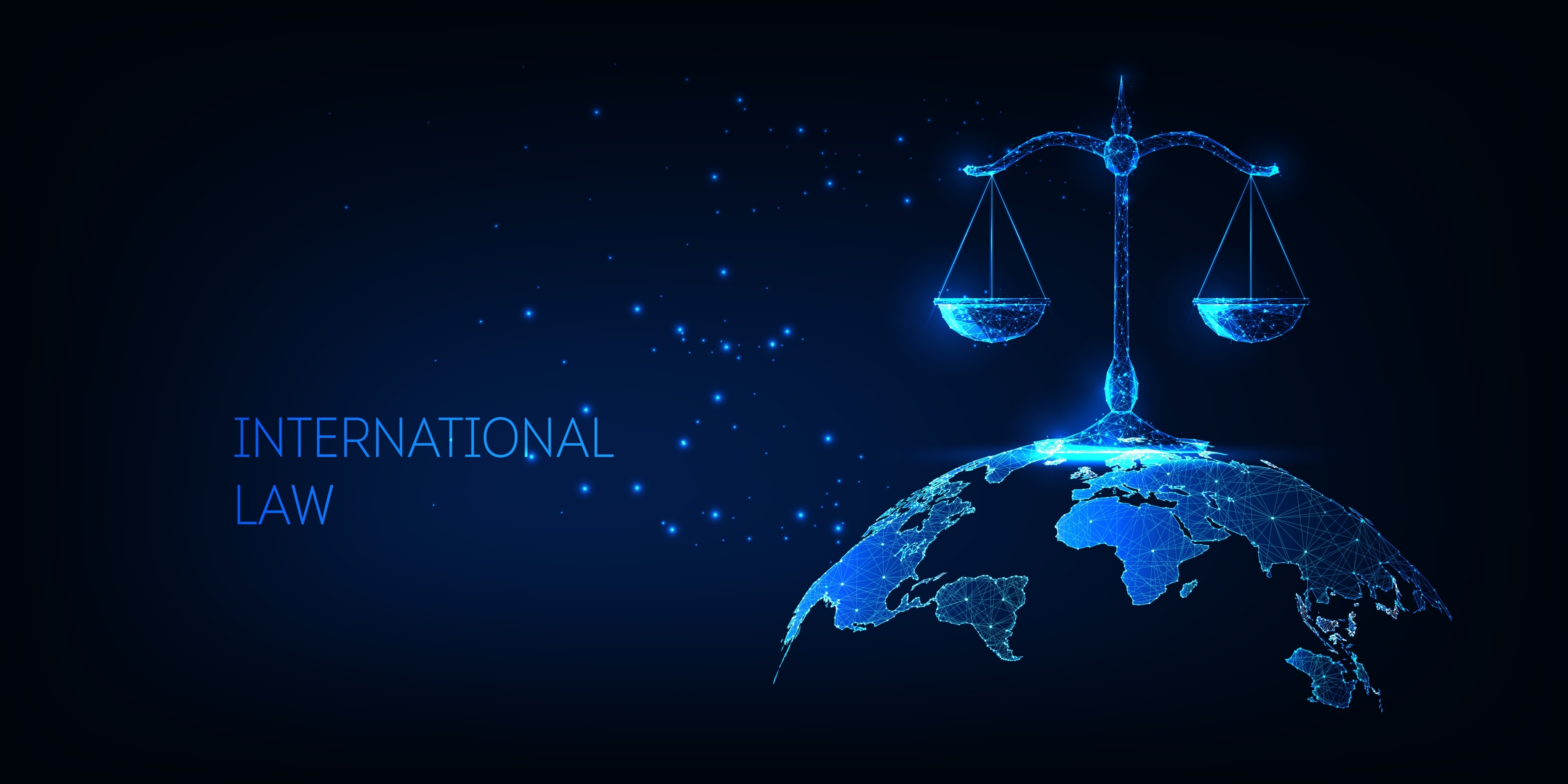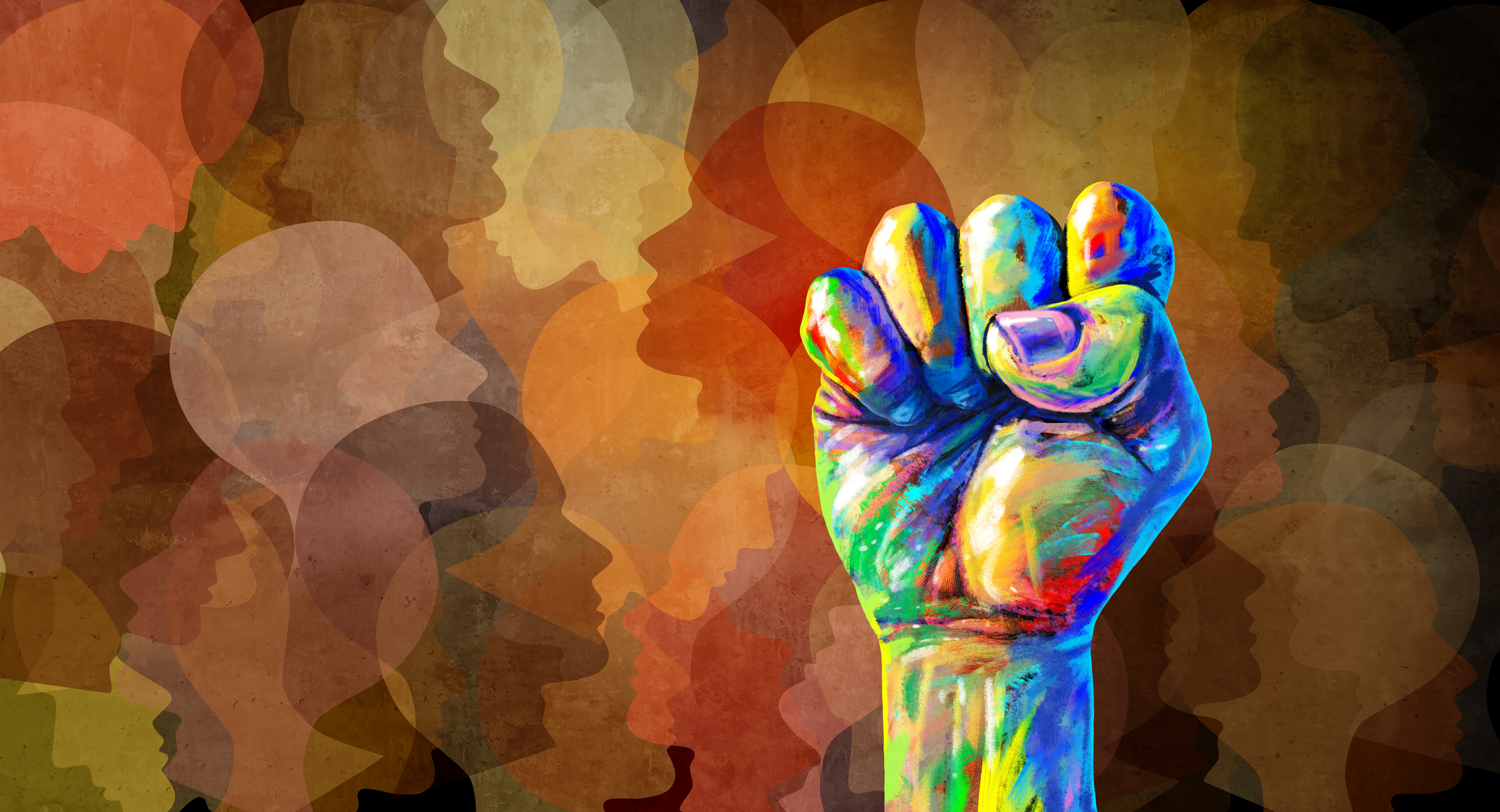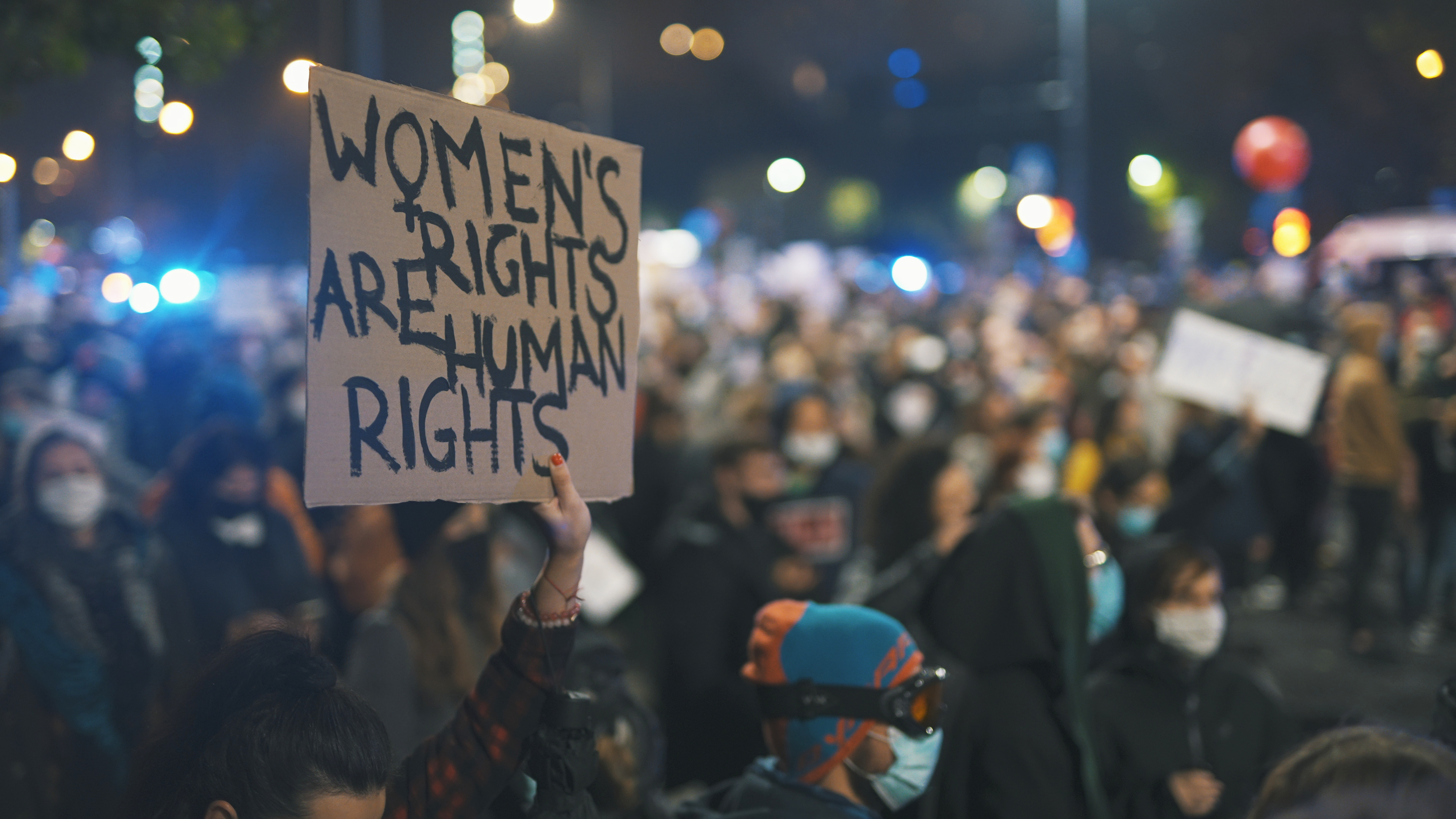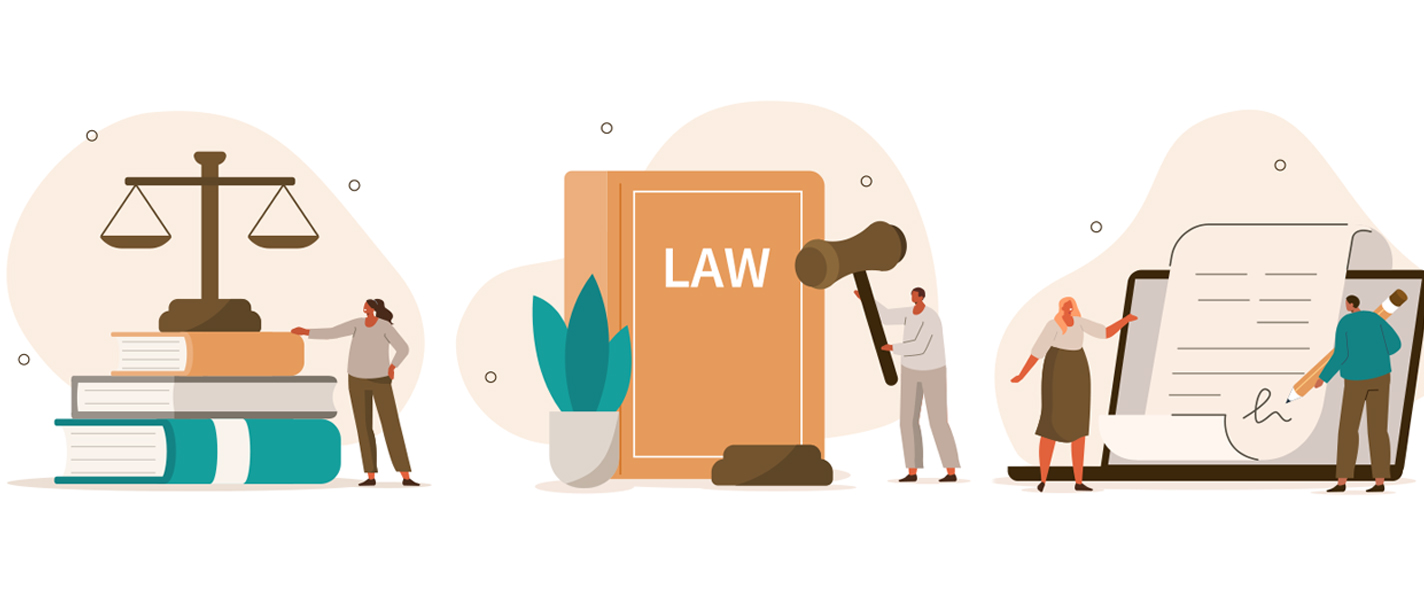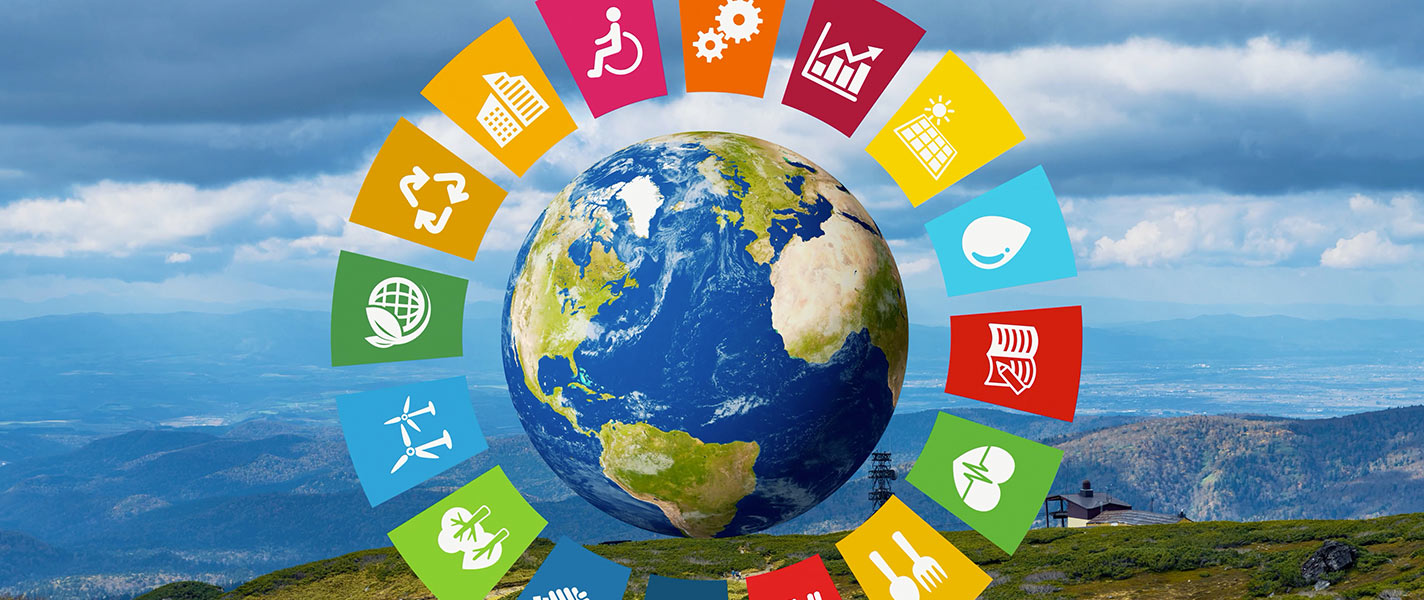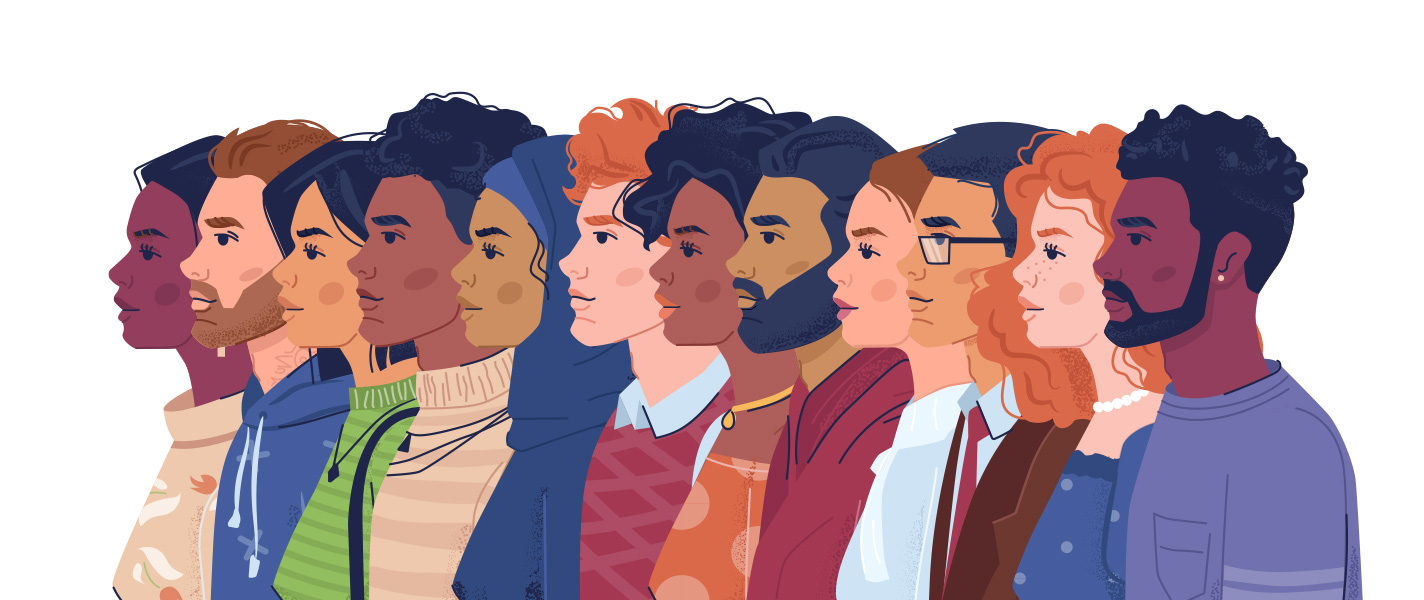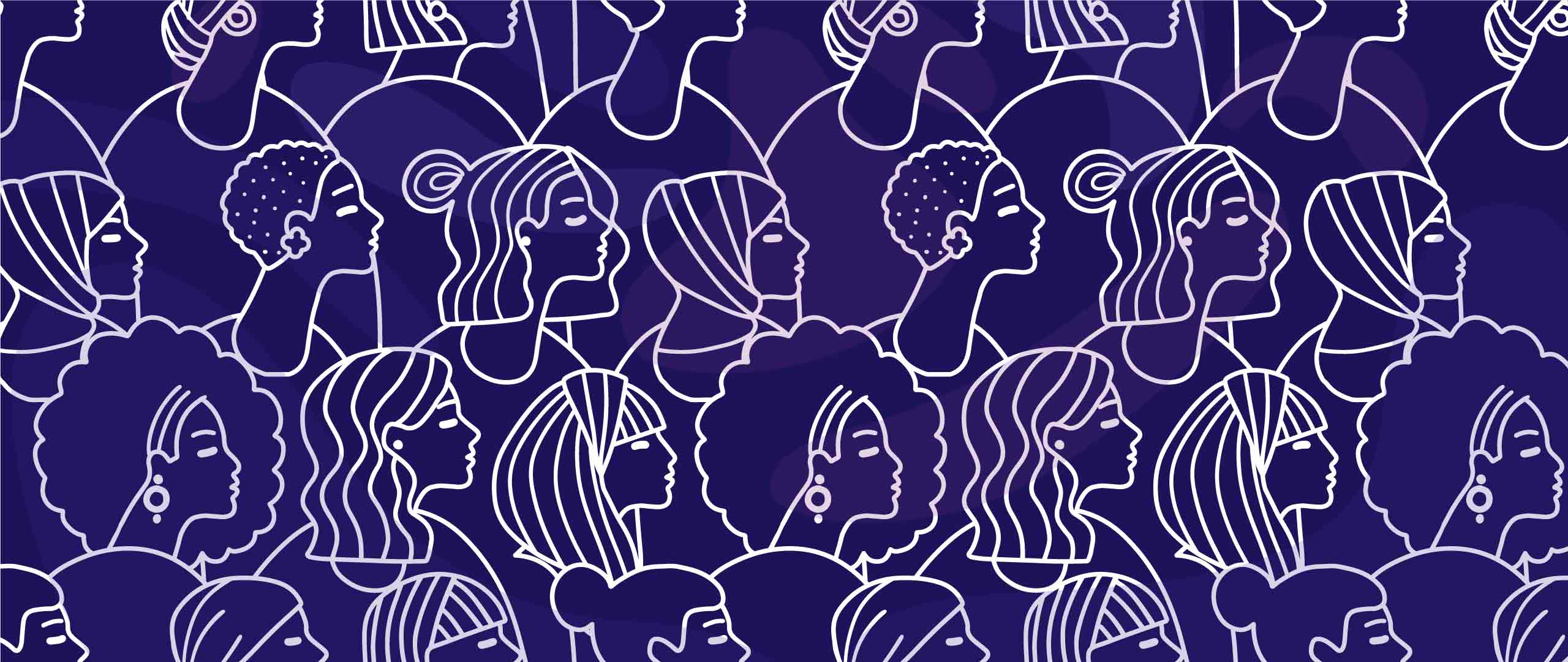The Cutting Edge of AI
Even though there has been significant use of Artificial Intelligence in various industries; relying too heavily on AI-powered technologies can turn against users, perpetrating injustices and restricting people’s rights.
Due to the unprecedented technological advancements that we have witnessed in the last decade, we can openly say that today we live in the era of digitalization and artificial intelligence. Machine learning, Internet of Things, Big Data, Block Chains, NFTs, Cloud, 5G³ are only some of the names of new technological trends that have already dramatically revolutionized the world as we know it. Hence, to co-exist and live in true harmony, addressing the ethical and legal implications that science carries became an acute necessity.
Artificial intelligence is the simulation of human intelligence processes by machines, especially computer systems. Specific applications of Al encompass expert systems, natural language processing, speech recognition and machine vision. Although, it facilitates multi-tasking, and decision-making and subsequently eases the workload for existing resources without significant cost outlays; many see it as a threat to human rights. As a matter of fact, nowadays it became feasible for governments or authoritarian institutions to perpetually monitor individuals and violate their rights to privacy, freedom of assembly, freedom of movement and mobility. The issue here lies in the reality that some decisions are taken on the basis of AI-powered systems without clear and direct guidelines on the transparency, accountability and safeguards of their respective designs or their sustainability.
Encroaching the Freedom of Mobility
The tension between the advantages of AI technology and risks to human rights became more evident in recent years in the field of migration and mobility. As we have noticed over the years digital transformations and AI-powered systems have substantially reduced the need for personal and human interactions as they became a powerful medium for social and economic interactions as well as transactions. In this token, the management of migration and mobility systems globally has been largely determined by AI capacities. For instance, some countries including Australia, the United States, Japan and many European countries have applied AI technologies in their migration systems as a means to manage rising demands on visa and travel-related procedures and services. Indeed, they are frequently utilized when it comes to Migration Cycle to facilitate pre-departure identity checks, support online visa applications, airline check-ins, and border point crossings and manage administrative decision-making in terms of producing data analytics on passengers’ profiles compliance with legal frameworks.
Here, Al can present serious concerns for policymakers, practitioners and migrants such as technology-related surveillance of individuals and potential systematic biases in AI decision-making in the areas of migration and mobility. Furthermore, countries with developed capacities in AI technologies could have the upper hand at the forefront of global efforts to manage and regulate migration. Subsequently, this engenders a new paradigm and unequal power dynamic as Al-capable countries or states would have the advantage of setting the agenda and priorities for international migration policies and regulations. Hence, AI turns into a tool of discrimination, especially when information about individuals is collected, shared, merged and analyzed in multiple and often opaque ways.
As a response, in February 2022, OECD planned to launch a user-friendly framework, enabling policy makers, regulators, legislators and others to classify different types of applied AI systems for specific projects and contexts. This framework supports distinguishing AI applications according to their potential impact on individuals, societies and the planet. Moreover, the Council of the European Union called last year with the passing of the Artificial Intelligence Act for promoting safe AI that respects fundamental rights. The latter further enhances governance and effective enforcement of existing laws on fundamental rights and safety.
In conclusion, it is highly argued that the increasing use of Artificial Intelligence engenders new challenges for the universal project of human rights, with expressed concern about the unprecedented level of surveillance across migration and mobility restrictions. Thereby finding the necessary balance between the two realms is an acute matter, on which the sustainability of our future depends.
The article represents the views of its writer and not that of LEED Initiative.

